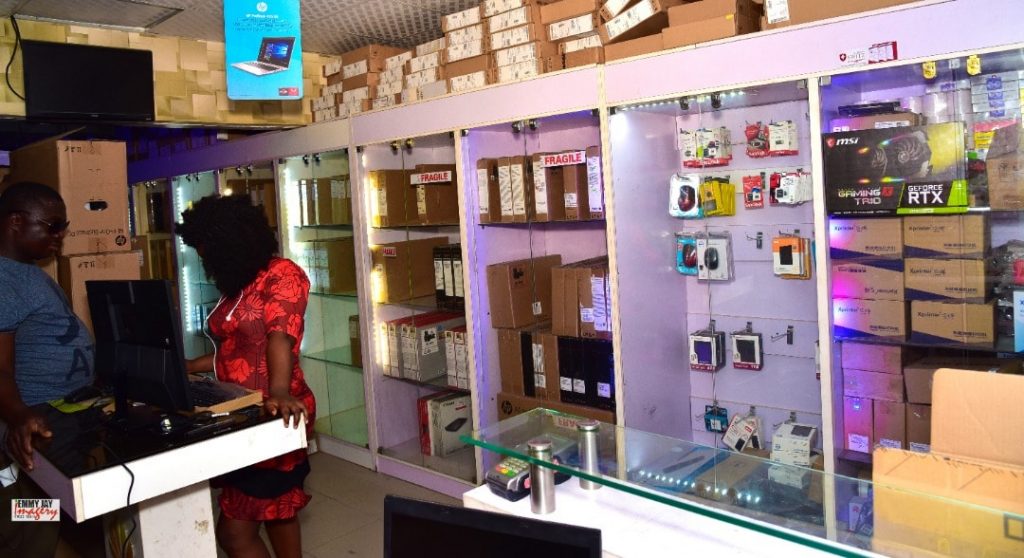
Getting a new computer is a significant investment in 2021 and with the recent cost of gadgets, there’s quite a bit of pressure to get it right when buying one. It is imperative to know there is no such thing as the ‘best’ computer”.
Everyone needs a PC that serves their need, so there’s no single user standard. However, there are certain factors you need to look at before buying your new system.
Key Things to look at when getting a Computer
Getting a new PC is not a game of chance. Rather than walking blindly into a store and leaving it to luck, the following is a set of criteria you need to consider before making a purchase. Taking a bit of time to do some research may be a little tedious, but it will help you get the best value for your money.
- Type of Computer
This should be your first consideration. Computers come in three types: all-in-one, desktops, and laptops. The all-in-one variant has everything packed up inside a monitor. They are great at saving desktop space, easy to use, and are superb for animation, image, and graphic design.
For a home office or other setup where mobility is not a consideration, desktops are the best option. More ergonomic to use than laptops, desktops give you the ability to customize your keyboard, monitor, and mouse. Compared to laptops, desktops offer more power per dollar and are easy to upgrade, allowing you to extend their lifespan for years. Laptops are portable, built for working on the move, and work for hours on a single charge. - The Processor (CPU)
The central processing unit is the heart of your computer. It determines your PC’s performance and ability to deal with whatever you throw at it. A decade ago, Intel processors were the standard to beat. Today, AMD’s Ryzen series are at par or even better. Generally, look for Intel Core i5 or AMD Ryzen 5 and above. - Graphics Card (GPU)The graphic processing unit is responsible for displaying graphics and images on your screen. GPUs can either be integrated or a separate piece of hardware. Integrated GPUs are technically free because they’re a part of your CPU. For modern gaming, visual effects, and HD or 4K, a dedicated GPU is your best bet.
- Memory (RAM)
As a rule, the more the memory, the faster your machine will be. More RAM means more applications and tasks can run at the same time. 8 GB RAM as a minimum is a good place to start and should be enough for most casual computer users. Gamers should go for 16 GB, while heavy multitaskers could aim for 32 GB and above.
Apart from RAM’s capacity and brand, you should keep an eye on the type. DDR stands for Double Data Rate, with 4 denoting the generation. This is important as motherboards are only compatible with a single generation of RAM. Look for DDR4, which is the latest generation available, as we wait for DDR5 to arrive later in 2021. As RAM is easy to upgrade and relatively affordable, it’s wiser to get what you need rather than go overboard. - Storage
The advancement of solid-state drive (SSD) technology has led to traditional hard drives falling out of favor, especially for laptops and all-in-one computers. SSDs are lighter, faster, and quieter than HDDs. However, their capacity is limited compared to traditional hard drives. SSDs are also more expensive. The solution to this dilemma is to adopt a dual-drive setup, the SSD (minimum 256 GB) being the primary and HDD (minimum 1 TB) as the secondary. - Lastly Your Budget
In the end, you need to find a balance between your budget, your needs, and the features and specifications you want. Your budget is the final determining factor on which machine to choose. Rarely will you find a computer that checks all your boxes and fits your pocket. Rather than leave it to chance, follow our checklist and come out on top!

